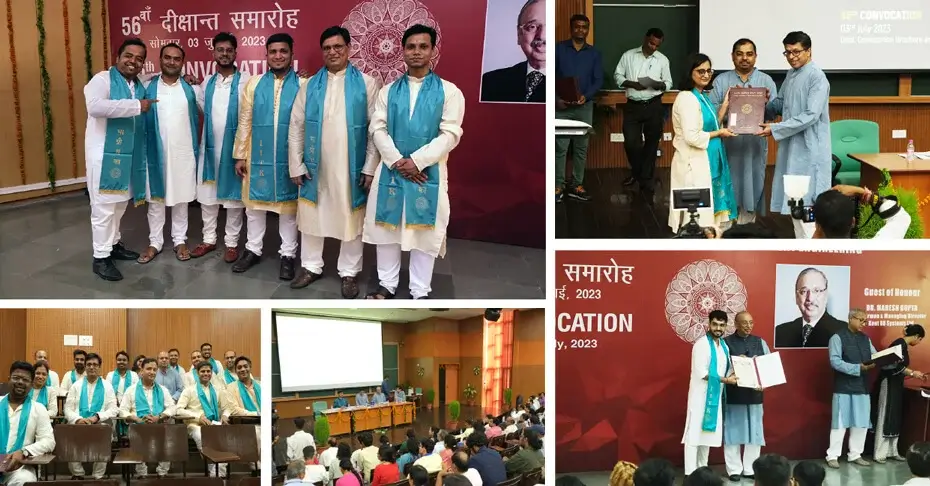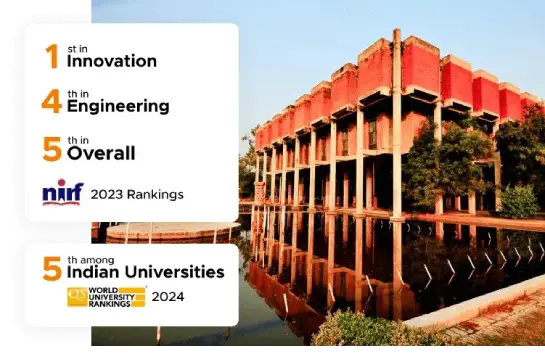The curriculum for eMasters in Data Science and Business Analytics comprises Core (C), Advanced Electives, Domain Electives (E) modules, and Projects (P). Participants are given flexibility in deciding on electives and projects and follow the structure of 3 Core modules + 9 Electives
The Core Modules include
- Stochastic Elements of Business:
This is an introductory module. The emphasis will be on the practical use of data analysis techniques for visualization and summarization of data yielding useful insights. The topics covered include probability, random variables and distributions, limit theorems and point estimation, confidence intervals, hypothesis testing, and analysis of variance.
- Linear and Non-Linear Modeling:
This module will introduce you to regression tools that help explore causal relationships between different factors within a business environment. The topics covered include regression, linear regression with one and multiple variables, measures of fit, and heteroscedasticity.
- Data Mining Tools & Techniques:
The module gives an insight into data mining (DM), its theoretical foundations, tools, and techniques. Some of the topics covered include data preparation for DM, supervised and unsupervised learning, decision trees, artificial neural network, native Bayes classifier, classification evaluation, and improvement techniques.
Elective Modules
- Applied Machine Learning:
The module provides a sufficient theoretical understanding of various ML techniques and an opportunity to apply them to a data set using the python programming language.
- Optimization Methods for Analytics:
In this module, you will learn about optimization models and techniques and how to effectively apply them in solving management and engineering problems. The topics include linear programming, its applications, graphical and simplex method, duality and sensitivity analysis, numerical optimization - search, and gradient methods.
- Temporal and Cross-Sectional Modeling:
In this module, you will learn about some of the important forecasting tools to be applied in the context of business settings. The module further puts a spotlight on statistical analysis models like ARIMA, and exponential smoothing that uses time series data to better understand the data set or to predict future trends.
- Causal Inference Methods:
Here, you will be introduced to a set of econometric tools necessary for business decision-making. This is an application-based module where you will learn the importance of conducting causal analysis and how one can use it effectively to optimize business processes. The module will also deliberate on methods that are useful in drawing causal inferences like propensity score matching method, regression discontinuity method, true experiments, and quasi-experiments.
- Multivariate Data Analysis:
Here, you will learn to recognize the data patterns containing more than two variables as part of multivariate data analysis. In addition, you will learn how multivariate data analysis is used in the corporate environment to support decision-making. The topics covered include factor analysis, ‘R’ type factor analysis, canonical correlation analysis, conjoint analysis, cluster analysis, multidimensional scaling, and structural equation modeling.
- Marketing Analytics:
Through this module, you will explore how statistical tools can be used to improve marketing decisions and return on marketing investment. Topics covered include marketing analytics, pricing methods, customer lifetime value (CLV) calculation, market segmentation - cluster analysis, retailing - RFM analysis, direct mail optimization, advertising - media selection models, online business, and recommender systems.
- Financial Analytics:
Here, you will develop the necessary technical knowledge of building financial models and doing financial analytics using Excel NBA/R/Python. The module includes topics covering the application of data analytics in the financial markets: equity markets, fixed-income markets, and derivative markets. The module has a dedicated focus on portfolio analytics and risk management.
- Social Media Analytics:
Social media has changed how individuals live, buy, interact with each other and consume products, services, and information. This module aims to help you understand the complexity of network effects and how companies can use their social media data to drive their strategies and make profitable decisions.
- Supply Chain Analytics:
This module encompasses a detailed understanding of the design and management of a supply chain. You will also learn to critically analyze the performance of a supply chain ecosystem statistically and also get exposure to the techniques for improving the performance of a supply chain function in the organization.
- Human Resource Analytics:
Through this module, you will be able to impart necessary skills for quantification of human attributes and efforts and measuring their efficiency and effectiveness in producing desirable organizational outcomes. Some of the topics covered include capability planning, LAMP framework, evidence-based management (Mercer framework), and talent management audit.
- Project - 1
- Project - 2





 Sourav Majumdar
Sourav Majumdar Suvendu Naskar
Suvendu Naskar Jitender Kumar
Jitender Kumar Nivedita Bhaktha
Nivedita Bhaktha N.K. Sharma
N.K. Sharma Prerna Gautam
Prerna Gautam Live Interactive Sessions
Live Interactive Sessions Projects
Projects  Online Examination
Online Examination Campus Visit
Campus Visit
 Education loan avail from
Education loan avail from 

